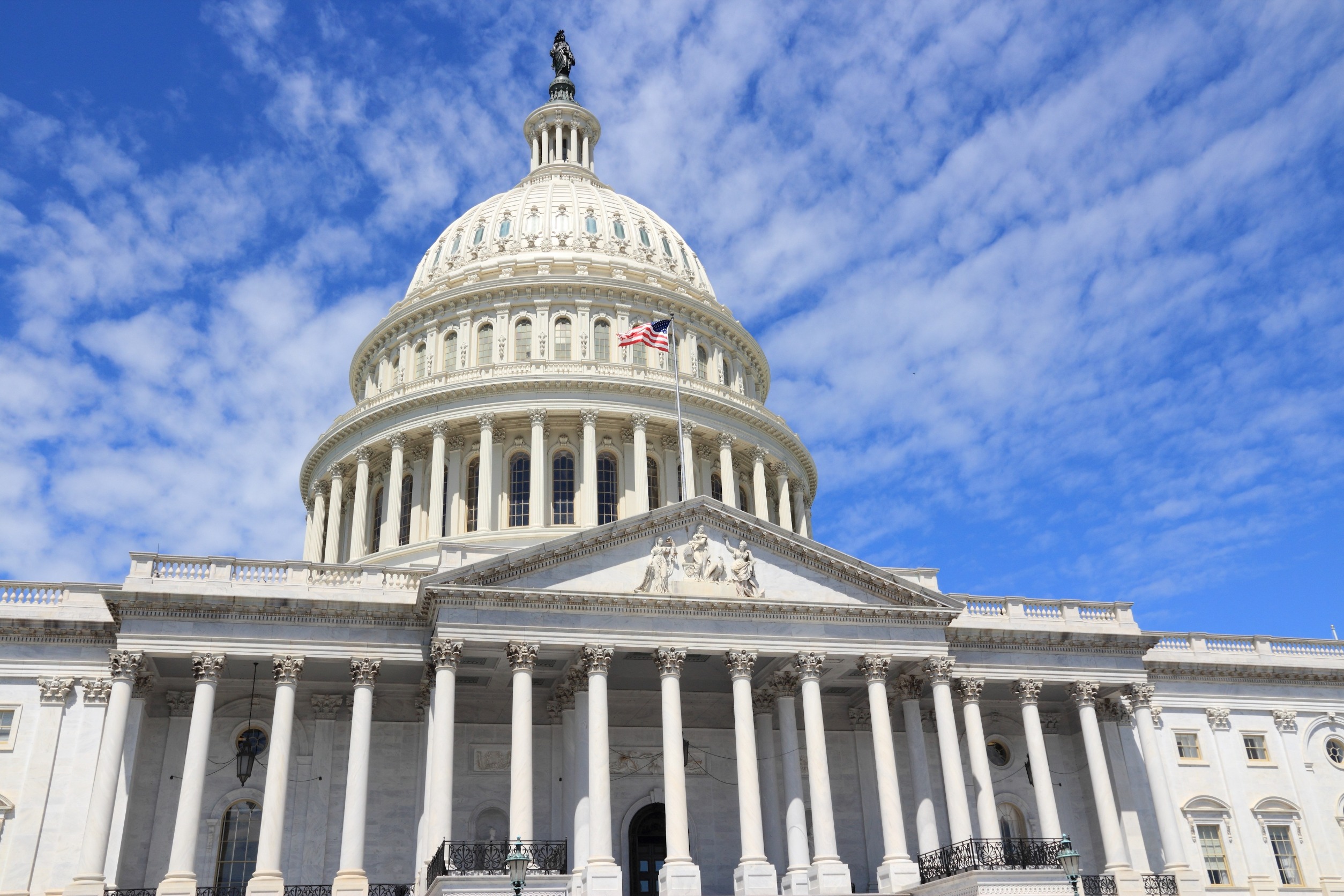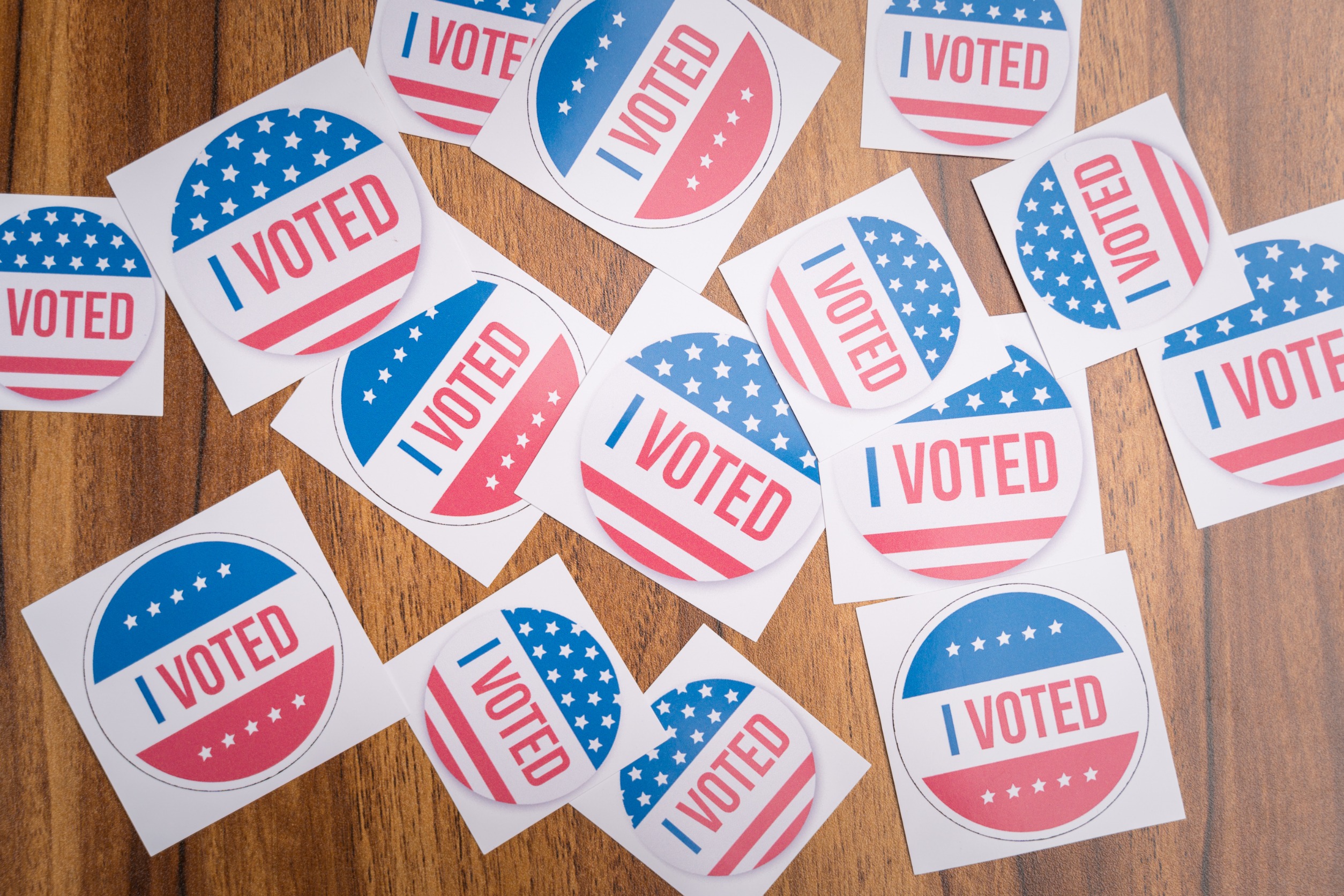Though it adopted a climate plan in 2009, Berkley, California, hasn’t had the necessary funding to make a significant dent in local emissions. Its transportation and building sectors, in particular, have made little progress in tackling the problem — even though they are among the biggest sources of greenhouse gas emissions. That may soon change though if voters approve a new ballot measure this fall.
Called the Climate Equity Action Fund, the program would slightly increase the utility tax on wealthy households that use a lot of power, in order to subsidize lower-income residents to transition to cleaner alternatives. The subsidies would take the form of rebates for electric bikes or zero-emissions vehicles, subsidized transit passes, insulating homes, as well as traineeships for green jobs.
“Our goal is to use the money to incentivize people to take action,” says Ben Paulos, a member of the Berkeley Energy Commission, a group of citizens that advises the city on energy and climate issues. “People want to take action, but if you give them a little bit of money, they’re more likely to do it.”
The incentives are also meant to complement California’s state-wide sustainability efforts. The state recently announced that it will ban the sale of new gas-powered cars by 2035. While that’s a good thing, the ban won’t help cut emissions in the intervening years, and it won’t require owners of old cars to go electric. By offering new incentives, however, the city can encourage a faster transition.
A panel of experts will recommend the most effective ways to use the new funding (estimated at $2.4 million per year) and pinpoint interventions where the program can achieve the biggest positive impact.
It’s not clear yet if the measure in Berkeley will pass, though the impact on higher-income households would be minimal. As reported by Fast Company, with the new tax, a $100 utility bill would have an extra $2.50 charge, and in a city that’s rarely very hot or cold, utility bills are typically smaller. All in all, it would be a small cost to pay for helping address climate change, the effects of which have been felt firsthand this year by virtually all Californians.












